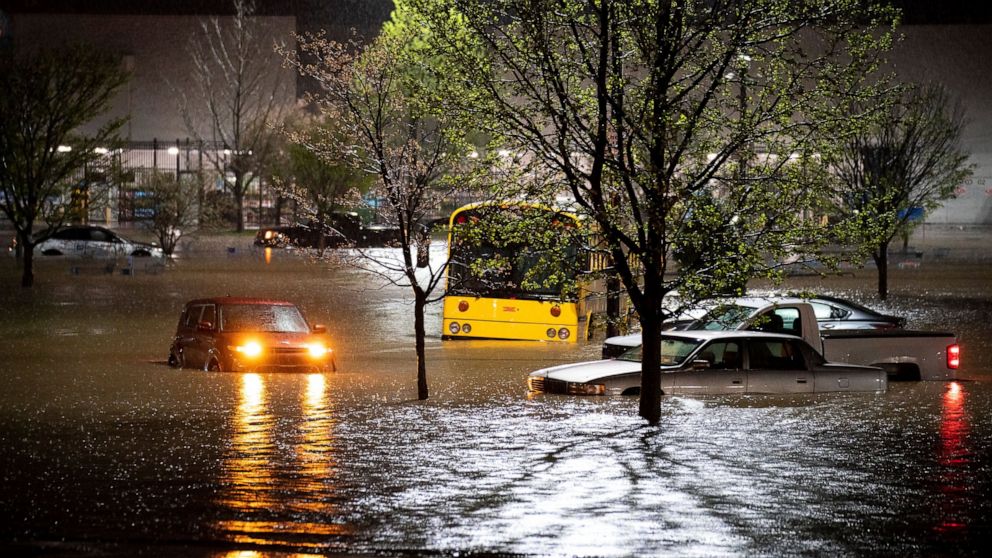
Heat wave a glimpse of climate change's impact in N. America
ABC News
A deadly heat wave in the Pacific Northwest last summer offers a glimpse of the types of extreme weather that a United Nations report says will become more common in North America with worsening climate change
PORTLAND, Ore. -- The U.S. Pacific Northwest was in the throes of a record-shattering heat wave last summer when a woman in her 70s was wheeled into an emergency room with symptoms of a life-threatening heat stroke.
Desperate to cool her, Dr. Alexander St. John grabbed a body bag, filled it with ice from the hospital kitchen and zipped the woman inside. Within minutes, her body temperature dropped and her symptoms improved.
“I’ve never had to do that before. It was surreal,” said St. John. “Twenty years ago, it seems like we would talk about climate change as something that would happen over the coming generations — and all of a sudden it seems to be accelerating to the point where we’re all experiencing it in real time.”
The technique was used to save several other patients at Seattle's Harborview Medical Center during the five-day heat wave last June that saw temperatures spike as high as 118 degrees Fahrenheit (48 degrees Celsius) in some places and killed an estimated 600 people or more across Oregon, Washington and western Canada.
